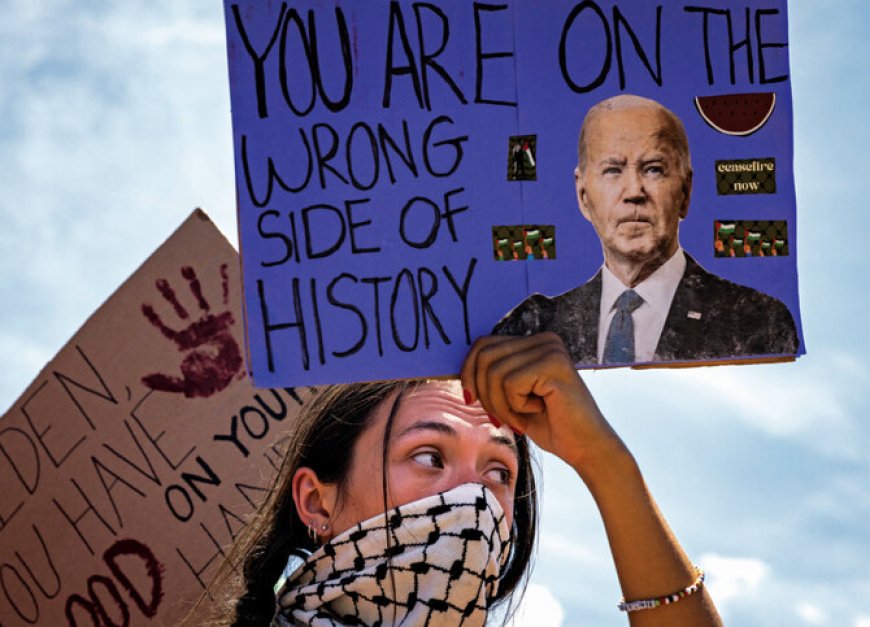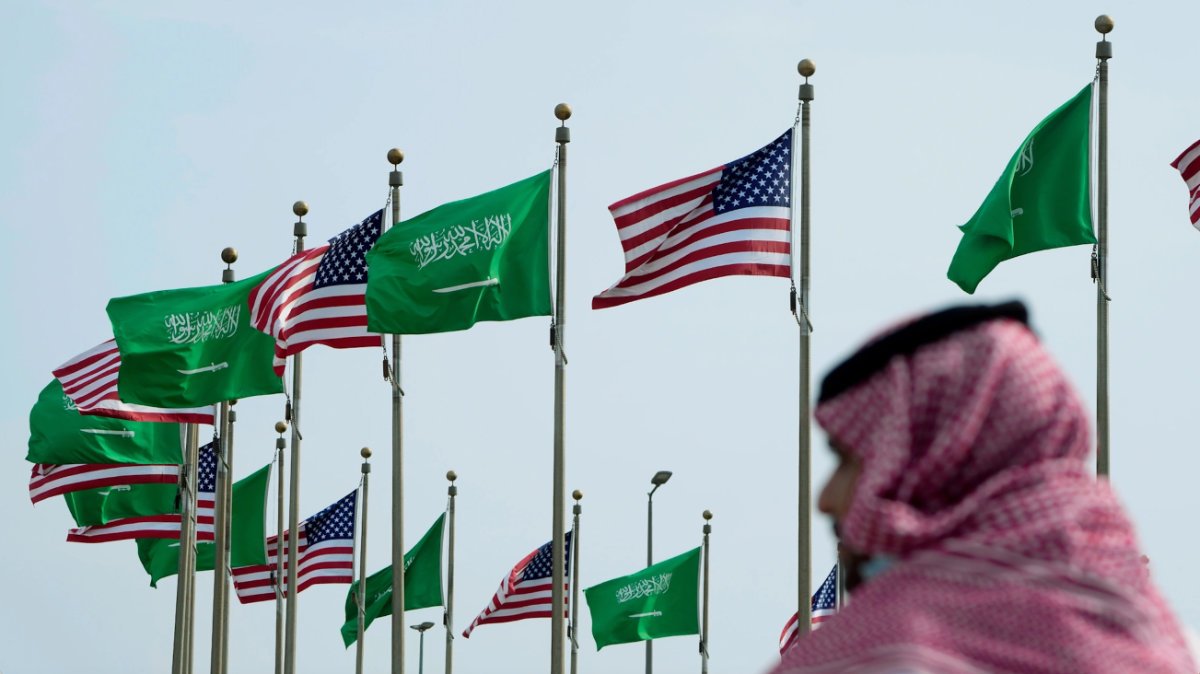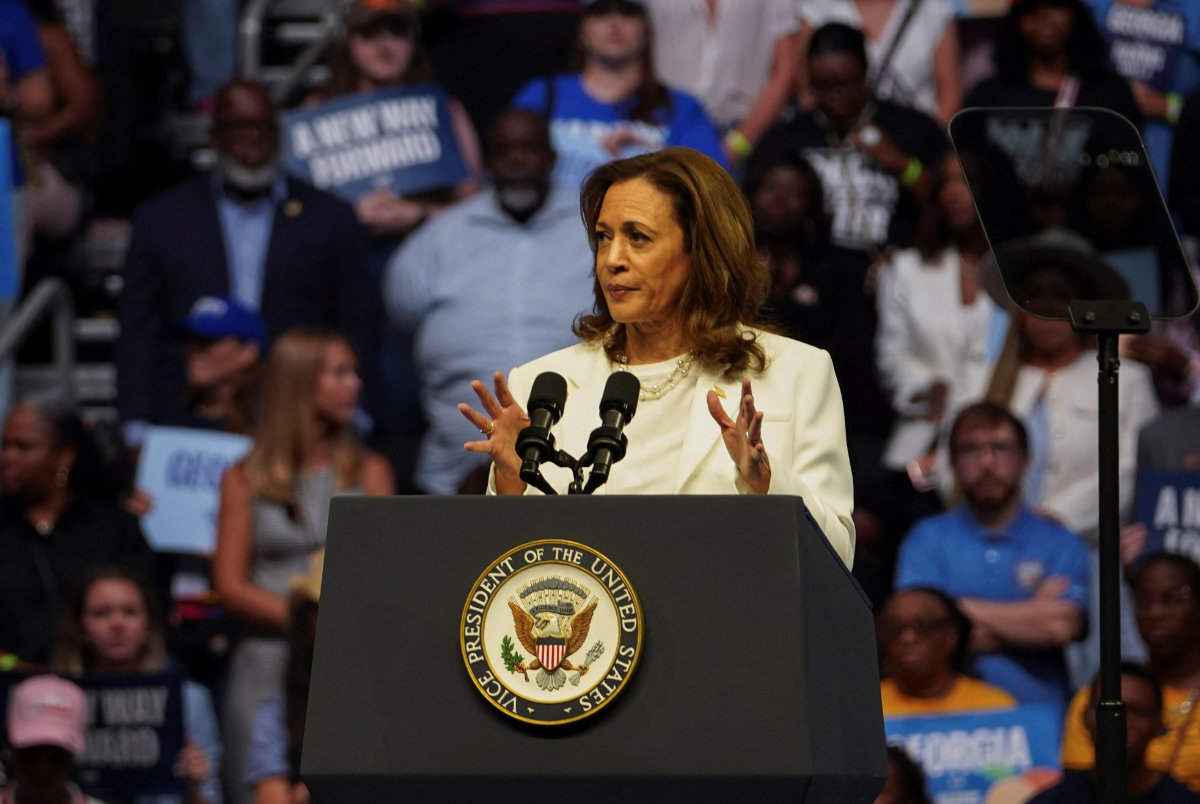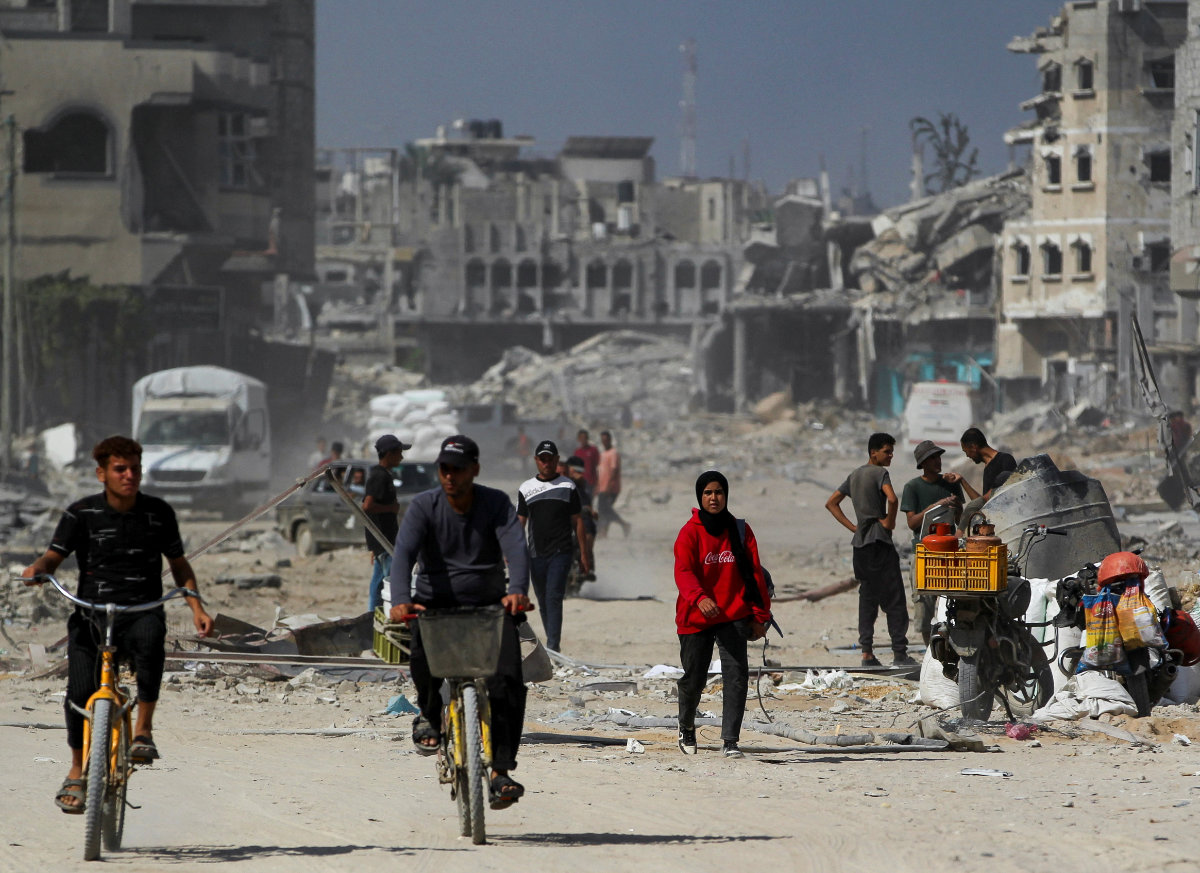Where do US presidential candidates stand on major Middle East issues?
With the ongoing conflict in Gaza, the looming threat of a full-scale war in the Middle East, a stalemate in Ukraine, and intensifying competition between the US and China, America’s 47th president will face multiple foreign policy challenges.

With the ongoing conflict in Gaza, the looming threat of a full-scale war in the Middle East, a stalemate in Ukraine, and intensifying competition between the US and China, America’s 47th president will face multiple foreign policy challenges.
Indeed, international affairs could prove even more demanding than domestic economic concerns for the incoming administration, with implications for national security, the price of commodities, and America’s standing in the world.
And while uncertainty hangs over the trajectory of the next US president’s Middle East policy, there are indications it will broadly align with the status quo, with regional alliances playing a key role in helping Washington address current and emerging challenges.

Analysts believe America’s cooperation with Gulf states, notably with regional leader Saudi Arabia, will continue to yield strategic benefits in areas including energy security and regional stability.
Norman Roule, a former senior US intelligence official, told Arab News: “There is no shortage of areas in which the US and its partners in the region, especially Saudi Arabia, can cooperate.”
Vital growth areas for the US and Arab states, particularly Saudi Arabia, include trade, defense, energy, artificial intelligence, space, communications, environmental technology and strategic investments.

Despite a rocky start early in his presidency, President Joe Biden has upheld America’s long-standing security, educational and institutional ties with Saudi Arabia. This partnership, built on more than 70 years of friendship, has been strengthened by exchange opportunities promoting mutual understanding.
“The next US president and administration can build on the work of its predecessors by reinforcing existing collaboration with regional allies,” Joe Macaron, a fellow at the Washington-based Wilson Center, told Arab News.
This appears to be high on the agenda for both of the main party candidates — Democratic nominee Vice President Kamala Harris and Republican former President Donald Trump — both of whom view Riyadh as an important partner for Washington.
Throughout his term as president, from 2017 to 2021, Trump placed Saudi Arabia at the heart of his Middle East agenda, viewing the Kingdom as a key business partner and an ally against Iran’s malign influence in the region.
Likewise, Harris, who replaced Biden as the Democratic nominee in July, has acknowledged Riyadh as an important partner.

In 2019, she told the Council on Foreign Relations that the US and Saudi Arabia “still have mutual areas of interest, such as counterterrorism, where the Saudis have been strong partners,” and stressed the need for continued coordination.
However, Macaron emphasized that “as challenges and new geopolitical trends” continue to emerge in the Middle East, “US interests are at stake in the next four years.
“The US can potentially enhance trade and cooperation, but most importantly the expectation is for the US to have a clear and predictable approach to the Middle East,” he said.
Failure to do so could have dangerous consequences. For Roule, “the region’s broken states,” including the Palestinian territories, Syria, Iraq and Lebanon, “cannot be ignored,” as “doing so makes them vulnerable to Iran, Iranian proxies and terrorism.”
“Sudan, Yemen and Libya stand out as areas where much more work needs to be done,” he said. “The end of the Gaza war will bring highly expensive reconstruction projects that will require careful and long-term management.”

Israel’s assault on Gaza, which came in retaliation for the Oct. 7 Hamas-led attack on southern Israel, has threatened to spill over into neighboring countries, including Lebanon and Syria, raising concerns about the potential for a regional war pitting Israel and Iran and its proxies.
As the US is Israel’s biggest financial and military backer, the Israel-Hamas conflict in Gaza and the possibility of a full-scale Israel-Hezbollah war in Lebanon have become key issues in the US election race.
While reaffirming his staunch support for Israel, Trump has urged the Israeli government to quickly conclude its military operation in Gaza, saying the prolonged war is damaging Israel’s global image.
In an interview he gave in April, Trump said Israel needed to “finish what they started” and “get it over with fast” because it was “absolutely losing the PR war.”
“You’ve got to get it over with, and you have to get back to normalcy. And I’m not sure that I’m loving the way they’re doing it, because you’ve got to have victory. You have to have a victory, and it’s taking a long time,” he said on the “The Hugh Hewitt Show.”

Harris, too, has been clear about her support for Israel’s security and its right to exist. Despite opposing an arms embargo on Israel, the vice president has said she and Biden are working to end the conflict.
Since the launch of her presidential campaign in July, Harris has sought strike a balance between reaffirming US support for Israel and expressing sympathy for Palestinian civilians — mirroring Biden’s approach to the conflict.
In her speech at the Democratic National Convention in Chicago last week, she said: “Let me be clear, I will always stand up for Israel’s right to defend itself, and I will always ensure Israel has the ability to defend itself. At the same time, what has happened in Gaza over the past 10 months is devastating … The scale of suffering is heartbreaking.”













































